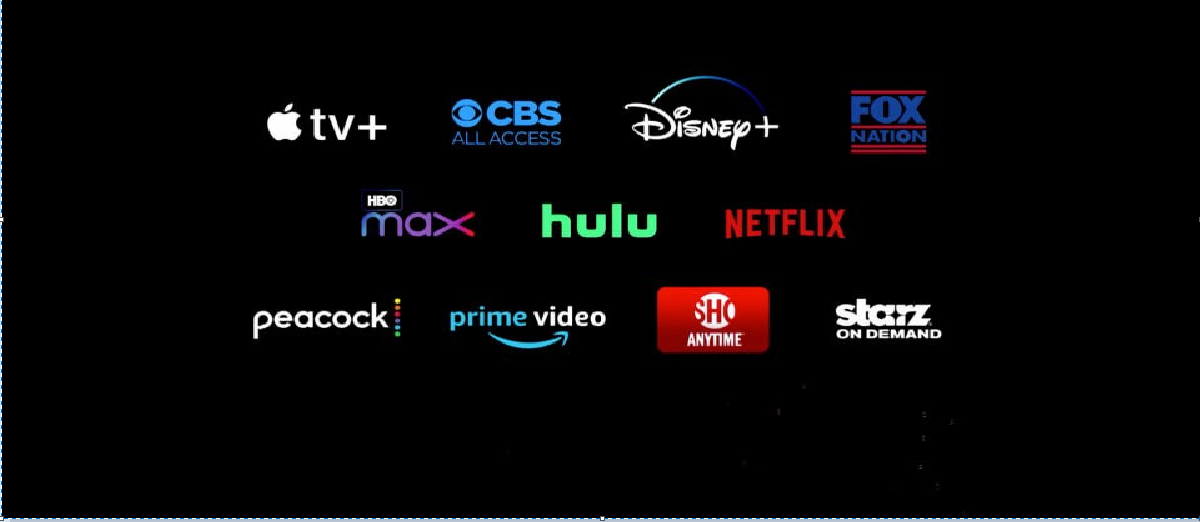Watching movies is a beloved pastime for many, offering a welcome escape and a source of entertainment. Subscription-based movie streaming platforms like Netflix, Showmax, HBO, and Hulu have become popular choices.
However, each service has exclusive content that may cost more than the average Kenyan can afford, leading some to subscribe to single platforms or miss out on certain movies entirely. This can be particularly challenging for those who cannot afford multiple subscriptions or even a single one, leaving them with limited options for entertainment.
Read Also: Sports Streaming: High Court orders Safaricom to pull down Illegal Sites
As a result of this void and missing market and the old adage necessity breeds invention, a number of streaming sites are now available at absolutely no cost. All one needs is stable and reliable internet access. Therefore internet service providers benefit while media corporations suffer inevitable losses.
It’s important to note, however, that many of these streaming sites operate illegally. This raises significant legal, ethical, and moral questions about the consumption and distribution of pirated content.
Others see piracy as a form of social justice, arguing that media conglomerates and studios monopolise the entertainment industry, leading to inflated prices and limited accessibility. This perspective was notably championed by The Pirate Bay, one of the most famous torrent sites in history.
Read Also: K-Dramas You Should Most Definitely Watch
While free streaming sites can provide temporary relief for those unable to afford subscription services, they operate in a legal grey area and raise important ethical questions.
For those unable to use subscription-based services and daring enough to explore options be as it may, here are five popular streaming sites in Kenya:
- Meowatch: Discovered through TikTok, Meowatch offers high-definition quality movies.
- Fmovies: Known for its quality and variety, Fmovies provides both movies and series in high-definition.
- Lookmovies: A reliable choice for watching your favourite films.
- On-stream: A personal favourite, offering an app for high-definition streaming comparable to IMAX 2D quality.
- Goojara: A fan-favourite that has been a go-to for newly released films.

Founded in 2003 in Sweden, The Pirate Bay became a symbol of resistance against corporate control over digital content. Its founders argued that information and culture should be freely accessible to all, positioning the site as a counter-movement against what they viewed as corporate greed.
Piracy is often justified by users on several grounds. Some argue the high cost of legitimate streaming services makes them inaccessible to many, especially in regions with lower average incomes. For these individuals, pirated content provides an opportunity to access entertainment they would otherwise be unable to afford.

From the corporate perspective, piracy represents a significant financial loss. The production of movies and series involves substantial investment, from paying actors and crew to marketing and distribution costs. Piracy undermines this investment, reducing revenue and potentially impacting the viability of future projects. Corporations argue that revenue from legitimate subscriptions is essential for sustaining the industry and supporting the livelihoods of those who work in it.
The monetisation of content is crucial for creators and distributors to continue producing high-quality entertainment. Subscription fees, ticket sales, and advertising revenue are the primary means through which this is achieved. Peer-to-peer (P2P) sharing, as facilitated by torrent sites like The Pirate Bay, disrupts this model by distributing content without compensating the creators.
Read Also: Illegal Streaming: TV fraud gang jailed for Premier League Games
While P2P technology itself is not inherently illegal or unethical—it can be used for legitimate purposes such as distributing open-source software—it often becomes a vehicle for piracy. The ethical implications depend largely on the nature of the content being shared and the consent of the content creators.
The debate over piracy and monetisation reflects broader tensions between access to culture and the financial realities of the entertainment industry. As technology evolves, so too must our approaches to balancing these competing interests.
















